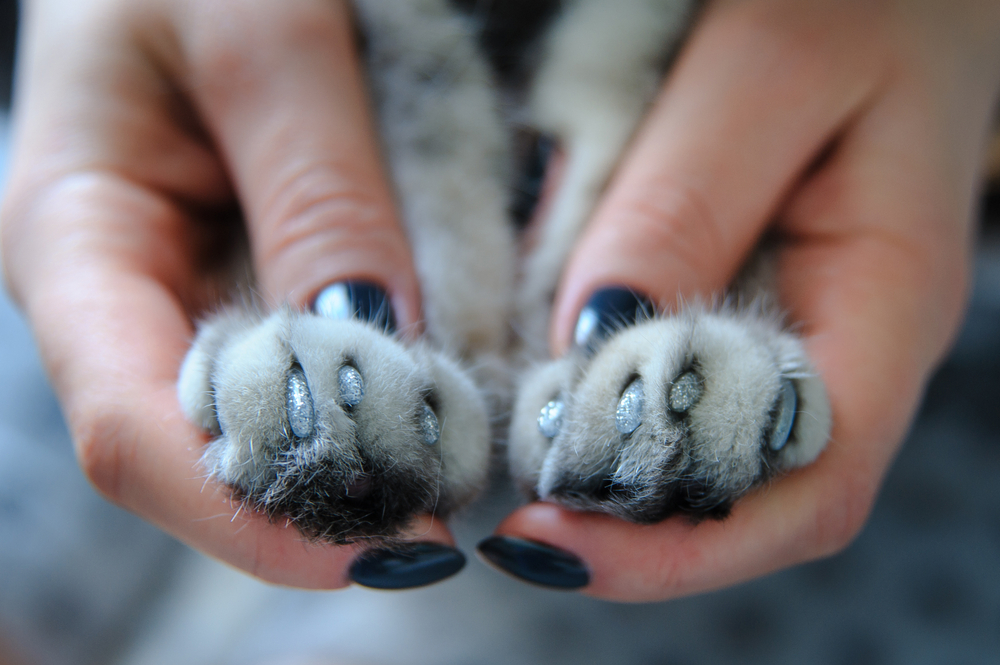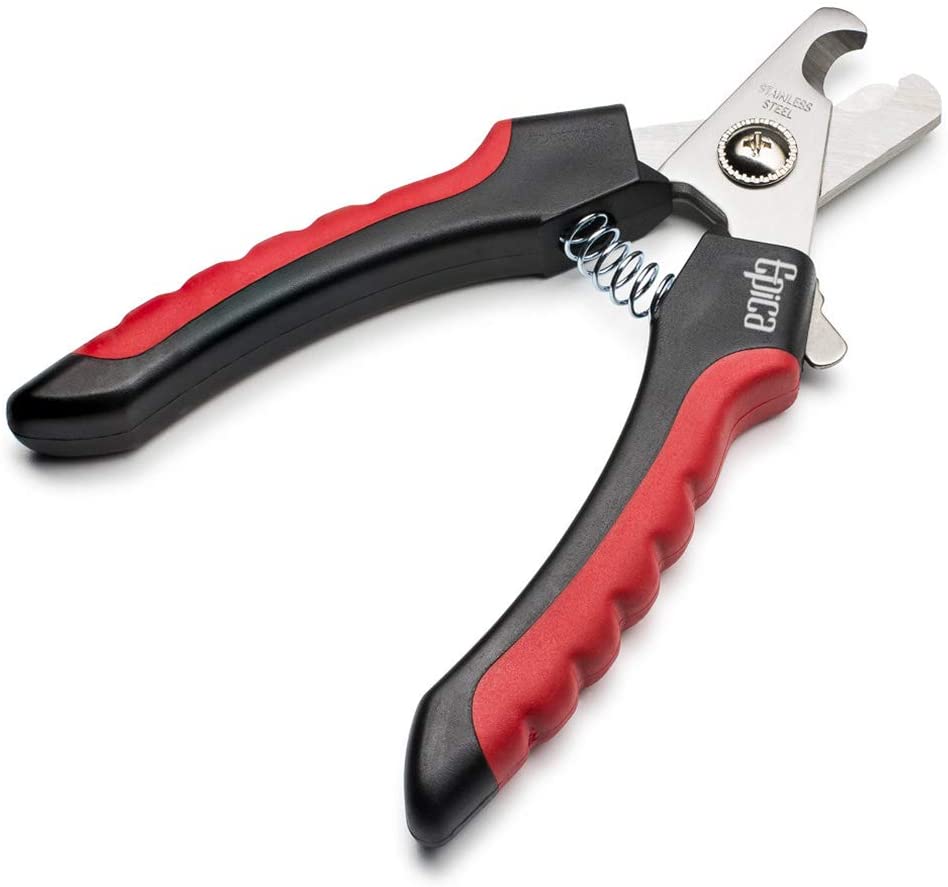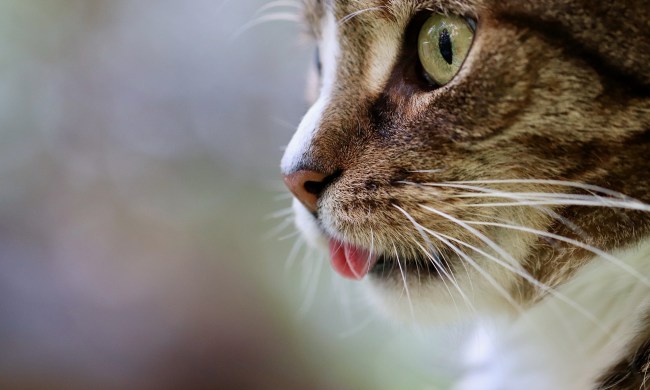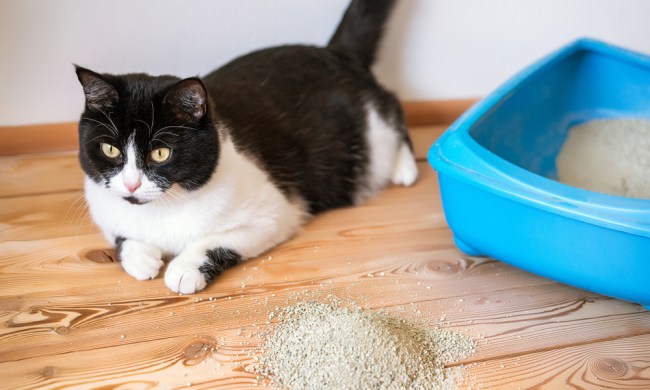Don’t tell your indoor kitty, but she isn’t the wild animal she pretends to be. Feral cats use their claws to hunt and defend themselves, while domesticated felines — especially those who live indoors — have those amenities taken care of by their humans. The result is a domesticated cat whose nails aren’t worn by life’s demands — and a human who gets to trim them.

Fortunately, there are a variety of inexpensive trimmers available to make this chore easier. Here are three of our favorites:
Epica Professional Clipper

Lots of safety measures make these clippers attractive. The semi-circular blade ensures you’ll see exactly what part of the nail you’re clipping and the stainless-steel blades cut quickly and effectively. Rubber-coated handles ensure a firm grip and a safety lock keeps the tool closed when not in use.
SHINY PET Nail Clippers
These multi-use clippers work on your kitty as well as other small animals living in your home, such as rabbits, birds, or ferrets. The ergonomic grip and stainless-steel blades provide a secure grip and clean cut. Bonuses include a lifetime warranty and instructional “how-to” ebook.
Pet Republique Cat Nail Clippers
Here’s a grooming tool that gives back. In addition to a 90-day, money-back guarantee and four-year warranty, 15% of every purchase goes to the American Animal Rescue Society. Stainless-steel cutting blades and non-slip handles help you perform this activity with confidence.
Tips for trimming your cat’s claws
Nail trimming time isn’t a big favorite for cats or their humans, but it doesn’t have to be unpleasant. Here are a few tips to make the process more enjoyable:
- Introduce your cat to the process by getting them accustomed to having their paws handled before you try to clip their nails.
- Gather your supplies. In addition to a nail trimmer, you might want to have styptic powder and a towel on hand.
- Choose the right time. Kitties may be more agreeable when they are sleepy, after they have played with catnip, or have a full stomach.
- Get situated. Hold your pet against your body and gently take their paw in your hand. If they become wiggly, try wrapping them gently in a towel.
- Expose the claw by pressing firmly on the pad of the foot with your thumb and forefinger.
- Identify the quick. It’s the pink part of the nail where all the blood vessels and nerves are located. That’s the part you do NOT want to clip.
- Gently trim the part of the curved claw that extends beyond the quick. If your cat becomes agitated, don’t force it. Put the clippers aside and try again later. If you accidentally cut the quick and draw blood, apply the styptic powder.
- Reward your kitty with a small treat and praise after the process is complete.
Is it necessary to trim my cat’s claws?
Not all cats need their claws trimmed, so assess your cat’s lifestyle. Outdoor cats use their claws on a regular basis for defense as well as hunting and climbing so may not need to have their nails trimmed. And some indoor cats are good at using a scratching post to maintain their nails.
If you have a willful cat that uses everything except their scratching post to sharpen their claws (such as your furniture and curtains), shortening them may help lessen the damage. Less active cats, especially those who are older, might need your help, too. Claws that grow too long can curve under and penetrate their pad, which can cause sores and possible infection.
Cats sharpen their claws as a part of their natural instinct. In addition to helping them shed worn outer claws, it also serves as a way to mark their territory and signal other cats. By examining your cat’s claws every few weeks and clipping them as needed, they can preserve that inherent wild part of their nature without damaging your furnishings or their health.



